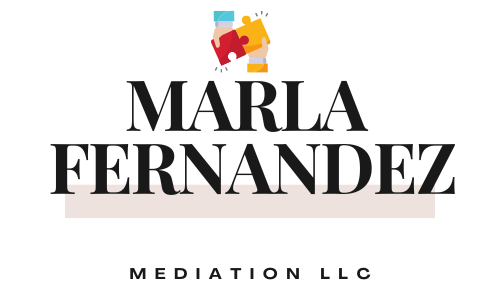Lets talk about Freedom
Freedom
— by Marla F
“Those who would give up essential Liberty, to purchase a little temporary Safety, deserve neither Liberty nor Safety” is a quote and motto attributed to Benjamin Franklin.
How many of us truly cherish the essence of freedom? I, for one, hold it dear to my heart. Allow me to share my journey.
I’m a first-generation American, born to parents who arrived in 1961, fleeing the grip of Castro’s regime in Cuba, where they lost their freedom. Raised in a household where Cuban and American cultures intertwined, I witnessed the importance of liberty firsthand. My parents envisioned a dual society in Miami, blending both cultures, but sadly, that vision never came to fruition.
Let’s delve into what freedom truly signifies. Please share your thoughts on what freedom means to you in the comments below.
To me, freedom entails holding liberty accountable. Liberty, in its essence, is the ability to freely choose your path.
In Cuba, under Fulgencio Batista, political freedom vanished first. My mother often recounted how, though we could purchase whatever we desired, discussing politics was strictly forbidden. Conversely, in America, the First Amendment safeguards our right to speak freely and protects the Church’s autonomy over ecclesiastical matters.
The founding father who aided Madison in defending this Amendment was Daniel and Charles Carroll (they were the first founding fathers.)
“The establishment clause of the First Amendment confirmed the policy that the Annapolis-based Congress had stated to the Holy See: The federal government does not have cognizance over any ecclesiastical affairs and thereby has no right to nominate or confirm a bishop, since authority in “purely spiritual” matters rested within the individual states. Congress’s “patronage” took the form of protecting religious organizations in order for them to fulfill their religious missions and charitable functions, and funding activities with both religious and secular purposes, including those of Catholic and Protestant missionaries.” Constitution
So, the Catholic Church actually upheld the Separation of Church and State, but this separation is not to be interpreted as a strict separation.
Now, let’s discuss some fundamental principles of freedom that we cherish as Americans.
- Human equality — as articulated in the Declaration of Independence — is crucial. My American government teacher once explained that there are two types of equality: equal opportunity and equal treatment. In America, our founding fathers embedded equality in the Declaration of Independence.
- a. “We hold these truths to be self-evident, that all men are created equal, that they are endowed by their Creator with certain unalienable Rights, that among those are Life, Liberty, and the Pursuit of Happiness, that Governments are instituted with the Consent of the Governed…”
- b. In other words, because you were created equally by the Creator, you have the right to be treated the same based on your actions.
- c. Natural rights — those inherent from birth — include the right to have your own opinion and the right to choose your destiny. These rights are absolute and are not granted by the government. Abortion is not a natural right. With these rights comes self-regulation, for without it, we would require a dictator to govern us. Without self-regulation, we harm others.
- The purpose of government is to secure these rights — life, liberty, and property. Currently, our State Legislature is attempting to usurp these natural rights, leaving our lives unprotected with the codification of abortion.
- Limited powers — though the government may act as if its powers are unlimited, in a self-regulated society, individuals closest to the problem are best suited to solve it. For instance, as a homeschooling mother, I have the right to educate my children without government interference. The government does not have the authority to regulate family and education in this country; that jurisdiction belongs to the Church.
- Constitutional government — our form of government relies on individuals consenting to be governed by laws outlined in the Constitution. We indirectly consent to be governed by the Constitution. The United States Government is a foreign government that has limited Sovereignty to over the States. The States have absolute sovereignty over their jurisdiction.
- The Rule of Law — meant to hold our elected officials accountable to the Constitution, ensuring they obey and do not interfere with our individual rights. Unfortunately, many Americans are apathetic to this principle.
- Equal Protection — while laws should protect us, they currently fail to do so because our elected officials are not making laws to protect us. Instead the representatives are making laws to usurp our natural rights. Remember Rosa Parks? She stood up against unjust laws that violated the natural rights of black people to be treated equally.
In conclusion, let us not take our freedom for granted. It is a precious gift that demands vigilance and dedication to preserve. Today, I urge each of you to take action. Speak up at your local school board or county commission meetings, advocate for policies that protect individual liberties, and stand against government oppression. Let’s lay the groundwork for a society where freedom flourishes for all, regardless of race, and where our elected representatives respect and listen to the individuals they serve. Will you join me in the fight for freedom?
